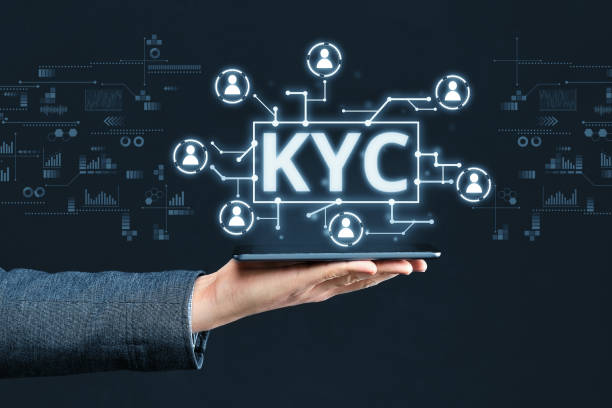The introduction of coworking platforms has resulted in a corporate transformation that offers various benefits but also various challenges, such as ID theft and unaccredited access. Co-working is a kind of business model that connects employees for collaboration.
The latest format of doing business brings together various workers and corporate partners. Undoubtedly, there are natural concerns about identity fraud and data privacy breaches in the minds of business owners. Previously, workers used to meet in coffee shops, restaurants, and hotel lobbies. This approach was suitable for employees having flexible working hours. In this light, only the implementation of the latest ekyc verification approaches can help industries in fighting ID fraud cases effectively.
Understanding the Security Issues in Shared Working Spaces
With the arrival of such areas as independent corporate parties, multiple SMEs have opted for this option to reduce their operational costs. Still, the prevailing security concerns perplex business owners. It is common that several co-working platforms are open places that offer flexible deals and cost-effective services, compromising the privacy of workers.
Implementing the latest ekyc verification approaches can help service providers in mitigating the safety concerns of workers. The environment in co-working spaces is relatively more relaxed than the corporate sector and its cost-effectiveness attracts several business owners.
Startups that opt for co-working sites have frequently reported data privacy breaches and property theft cases. Although the purpose of co-working sites is to encourage collaboration and improve networking, such efforts can backfire when various companies share space with a competitor. The following sections will shed more light on safety matters:
The Security Concerns in London’s Workspaces
The surge in the number of enterprises opting for co-working sites in the United Kingdom’s capital has increased the significance of security protocols. Co-working sites in London have come up with solutions to deal with various fraud risks. Service providers like K2 Space are designers of co-working sites that have effectively dealt with data breaches in shared workspaces.
In order to deal with privacy concerns, the i2 office started offering dedicated meeting areas with rental payments. They offered various payment options to the clients. Likewise, a co-working space in Shoreditch offered private phone and skype booths for enhancing security measures in their buildings.
Prevailing Cybersecurity Issues
Maintaining unbeatable security protocols is a major challenge for businesses these days. Without question, corporations that deal with vast volumes of data regularly and share space with other organizations face the risk of external attacks.
The traditional working environment gives various teams multiple chances of connecting on a personal level. Whereas, coworking sites offer flexibility where employees of multiple companies check in and out on their own time. This is where the utilization of ekyc verification systems can help service providers in achieving their security goals.
Implementing CDD & EKYC Verification in Co-Working Spaces
An in-depth risk assessment helps deal with loopholes in security systems against internal and external attacks. Using CDD checks allows businesses to detect and deter fraudulent activities early on. Customer Due Diligence (CDD) examines the risk associated with the client’s credentials. In the case of private and offshore banking systems, CDD checks help prevent the entry of high-risk entities. Using the latest review process in co-working spaces can help calculate the risk scores of all workers with thorough background checks against global sanction lists. In addition, the use of ekyc verification measures can help service providers in securing the online accounts of all employees.
With the implementation of 2FA authentication systems, entrepreneurs can secure business communication channels and enhance employee privacy. Two-factor verification solutions help mitigate fraud and deal with social engineering attacks. This is done by demanding OTPs from workers. Such types of measures allow corporations to discourage suspicious activities early on, protecting their financial assets and market reputation.
Concluding Remarks
Protecting workers from sophisticated ID fraud in co-working sites can be challenging, but using ekyc verification systems can solve the issue. Validating workers’ credentials during the onboarding procedure attracts genuine employees. Moreover, it promotes trust among employees and supports collaboration.
EKYC verification is a solution that is suitable for all kinds of corporations. The digital solutions present results in real-time. Moreover, the software quickly stores results in the back office for customers’ convenience. Collaborating with verified third-party service providers can help in using ekyc verification solutions that are General Data Protection Regulation (GDPR) and Payment Card Industry-Data Security Standard (PCI-DSS) compliant, facilitating unbeatable data privacy and ensuring compliance with AML/KYC regulations.

